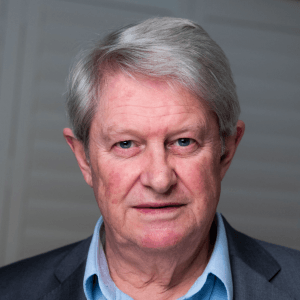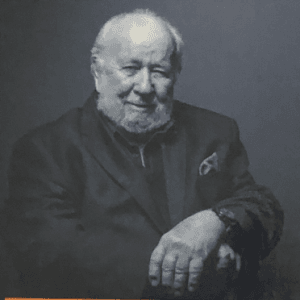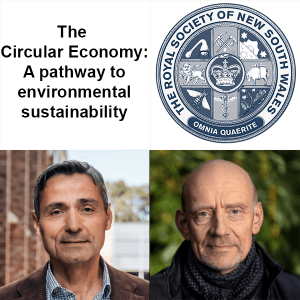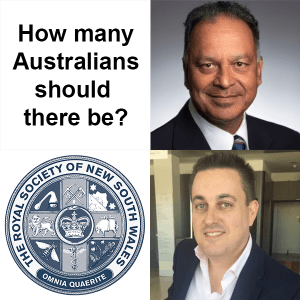
 “HECS-HELP: History, effects, international comparisons, and the University Accord”
“HECS-HELP: History, effects, international comparisons, and the University Accord”
Emeritus Professor Bruce Chapman AO FASSA
Sir Roland Wilson Chair of Economics
Research School of Economics
Australian National University
Date: Wednesday, 4 September 2024, 6.30 pm AEST
Video presentation: YouTube video
Entry: No charge
All are welcome
Business of the Meeting
The Agenda for the Ordinary General Meeting will be available from the Meetings page of the website.
Summary: The presentation will examine the factors that led to the reintroduction of university fees in Australia in 1989, in the form of HECS. HECS was a departure from the typical student loans used worldwide at the time, because repayments depend wholly on a debtor’s future income, while in other student loan systems debtors are required to repay their loans on the basis of time (like a bank loan). The income-contingent nature of HECS repayment was designed to provide insurance against loan repayment difficulties due to the exigencies of the labour market.
The consequences of HECS in terms of the expansion of higher education places, including with respect to students from the most disadvantaged backgrounds, will be explored, as will the adoption of the same approach to university loans in around 10 other countries over the last 35 years. International higher education experiences will be compared and contrasted, and commentary will be offered on the recent University Accord HECS-HELP suggestions.
Bruce Chapman is an Emeritus Professor of Economics at the College of Business and Economics, Australian National University. He is an education and labour economist with a PhD from Yale University and is the author/editor of around 300 papers/chapters and several books including on: higher education financing; long-term unemployment; fertility; marital separation; the economics of Don Bradman; immigration; incomes policy; international experience with student loans; domestic violence; and the application of income-contingent loans to policy concerning drought, brain drain reparations, environmentally sustainable agricultural investments, the preservation of endangered species, criminal fines collection, extensions of paid parental leave, and R&D investments. He helped design the Higher Education Contribution Scheme in 1989 and was an economic adviser to Prime Minister Paul Keating, from 1994 to 1996. He likes cricket, bridge and roast potatoes.
| Royal Society of New South Wales | |
| Date: | Wednesday, 04 September 2024, 06:30 PM |
| Venue: | Zoom Webinar |
| Entry: | No Charge |
All are Welcome






